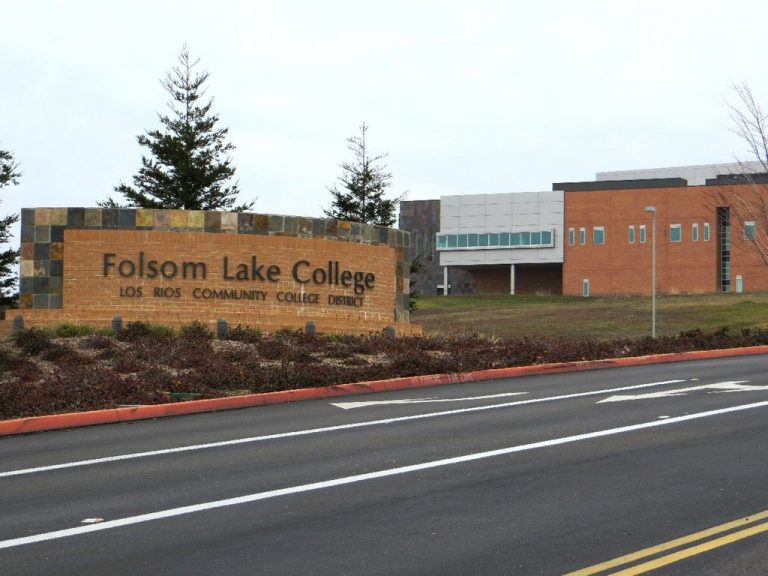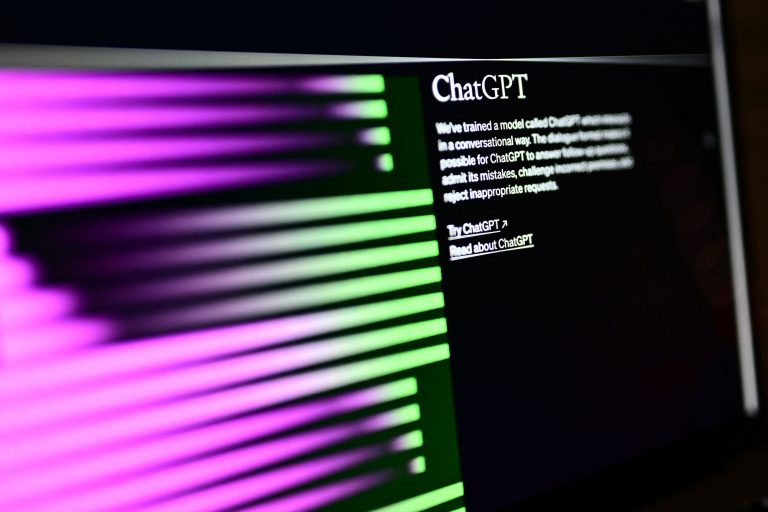At least six California college districts have been defrauded in a multi-million dollar scam involving financial aid or COVID-19 relief grants issued to fake students and bots.
In August, The Los Angeles Times reported that the California Community Colleges system was “investigating potentially widespread financial aid scam involving fake ‘bot students’ enrolled in active courses in what officials suspect is a scam to obtain financial aid or COVID-19 relief grants.”
The tactics, fake students
Imposters would normally start by signing up for a college using “either stolen identities or by recruiting individuals who provide their personal information in exchange for a cut of the financial aid proceeds. They then apply for financial aid in the student’s name via the Free Application for Federal Student Aid (FAFSA) process,” Los Rios Community College District’s spokesperson Gabe Ross told EdSource.
Other compensations, like the Pell Grant awards, which do not have to be repaid, and federal COVID-19 emergency relief grants, were also sought after, according to Ross.
Swindlers used various methods to defraud the system. “In my opinion, it appears there are at least two different scams at play,” Kim Rich, professor of criminal justice at Los Angeles Pierce College explained to The Epoch Times. “One is where ‘fake students’ are enrolling, then likely paying someone else to do the minimum amount of work to remain ‘active’ in the class in order to qualify for financial aid. The other scam appears to involve ‘bots,’ where the person behind the scam is simply trying to register as many ‘fake students’ or ‘bots’ into the system as possible so they can get in, get the financial aid and get out. Little work is being completed by these ‘bots.’”
The financial aid scam in numbers
Success
You are now signed up for our newsletter
Success
Check your email to complete sign up
Los Rios district identified 1,508 incidents of alleged financial aid fraud, according to Ross. Los Rios houses four colleges in the Sacramento area including Cosumnes River, Folsom Lake, American River, and Sacramento City colleges.
Altogether, 105 colleges in six college community districts were involved in the financial aid scam involving 116 colleges, with some 1.8 million students enrolled. Colleges were about to pay or had already paid out more than $1.6 billion in federal COVID-19 relief aid.
The six Californian districts that were, at least to some extent, involved in the financial aid scam were the Los Rios Community College District in Sacramento, Mt. San Antonio College in Los Angeles County, Peralta Community College District in Alameda County, Merced College, Contra Costa, and San Joaquin Delta College, according to EdSource.
READ MORE: UCLA Threatens to Drop Online Student for Not Submitting His Vaccination Status – Vision Times
Los Rios has identified over 1,500 cases of suspected fraud. They call it “suspected” fraud because, according to Ross, the fraud only becomes confirmed,“ when a perpetrator is convicted or reaches a plea agreement through the federal investigation and adjudication process.”
It was discovered that Mt. San Antonio College in Los Angeles County has distributed nearly $200,000 to 63 fake students. The Peralta Community College District in Alameda County confirmed it had dispersed $179,000 to fake students. Merced College stated only a “handful” of hustlers had successfully obtained financial aid. Contra Costa Community College District is on a “running list” of suspected fraud cases. San Joaquin Delta College confirms funds have been disbursed to fake students, but can’t tell how much.
Counter measures
The statewide chancellor’s office has asked each college district to report the number of suspected and confirmed incidents of fraud each month.
“Verification should take place through regular and effective contact between the instructor and students, such as class attendance, class participation, direct engagement with the instructor for asynchronous courses, completion of assignments, or general communication through any medium,” the chancellor’s office wrote in a memo.
The U.S. Department of Education’s Office of the Inspector General is also inquiring into the alleged fraud cases in California and nationwide but is not willing to share details about the status of its investigation.















